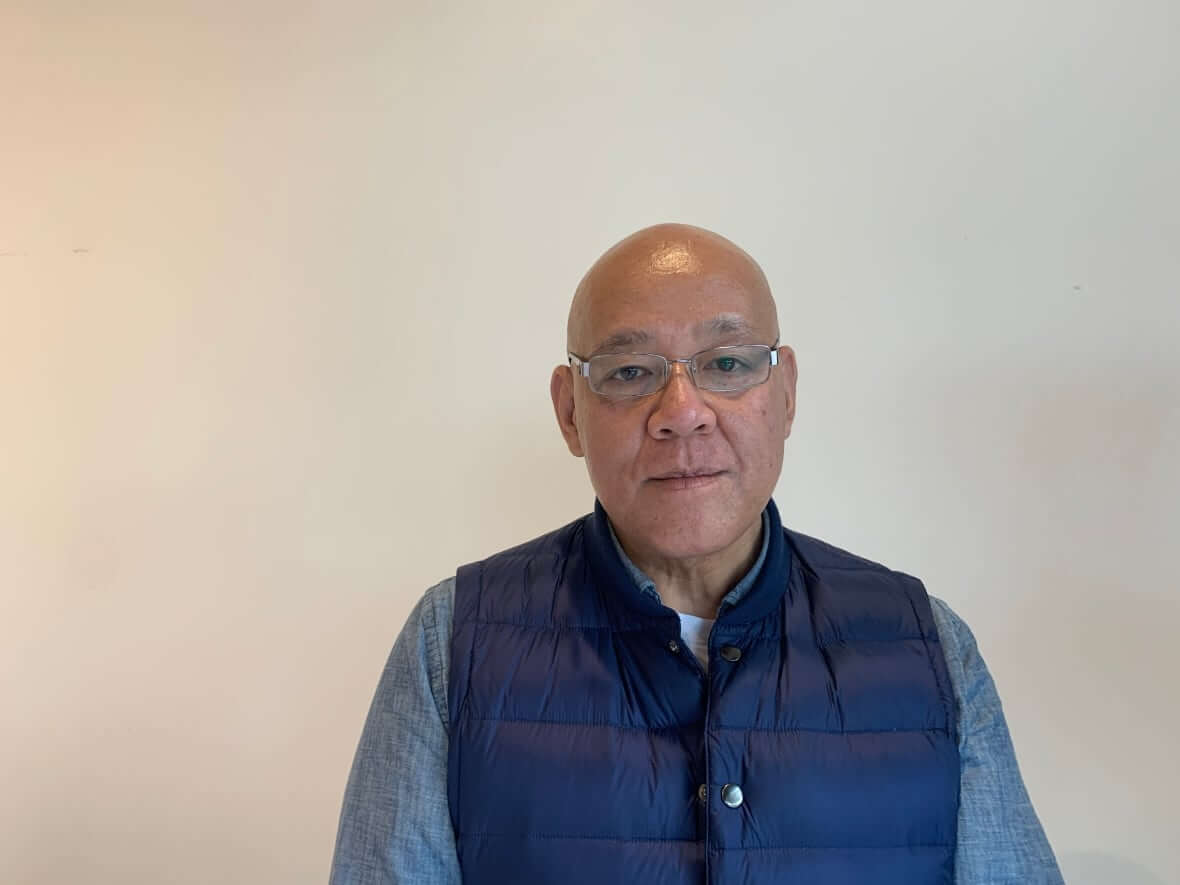Health-care workers’ union files 1,000 grievances against Montreal health authority over discrimination

A Quebec union has filed 1,000 grievances on behalf of health-care workers in south-central Montreal, saying the regional authority that oversees them isn’t doing enough to correct systemic racial inequalities.
Le syndicat des travailleuses et travailleurs du CIUSSS du Centre-Sud-de-l’Île-de-Montréal says Black women, particularly those working as patient attendants or orderlies, face systemic discrimination both on the job and during the hiring process.
“We believe they are underpaid because they are women and they are Black. It’s as simple as that,” said Alain Croteau, union president, during a Tuesday morning news conference.
The union gathered complaints from the last two years, the majority of which they say come from women of colour, with help from La Maison d’Haiti and the Center for Research-Action on Race Relations (CRARR).
“We’re not accusing anyone of bad faith or bad intentions,” said CRARR director Fo Niemi.
“But we’re saying this system … produces inequities in terms of hiring, promotion, job mobility, work conditions — particularly the salaries of the people who hold those positions of [patient attendants].”
Black women are unsupported, unheard, advocate says
Gerda Amazan, assistant director of La Maison d’Haiti, said Black women working for the health authority don’t feel heard or supported.
“The [power] structure isn’t capable of listening to them or conducting serious investigations [when there are complaints],” she said.
“And they’re always faced with white bosses … white managers, white colleagues.”
She said there’s no inclusive structure where these woman can feel heard.

Niemi said women of colour make up 80 per cent of the health authority’s patient attendants, and that is the norm across the province.
Croteau said being Black or a woman of colour is the most common denominator of patient attendants, and that they must answer to a management that is almost entirely white, and there is little room for career advancement.
Niemi said most of the grievances stem from either facing discrimination in the hiring process, earning lower salaries than co-workers or having fewer opportunities for promotion within the health network.
CIUSSS defends actions
Jean-Nicolas Aubé, a spokesperson for the CIUSSS du Centre-Sud-de-l’Île-de-Montreal, said the health authority does not discriminate against any of its employees.
He said the union is using the CIUSSS as a tool to get media attention.
When it comes to salaries, Aubé said all of the rules and conditions are established by Quebec’s Ministry of Health, which are in effect in all of the authority’s establishments.
Aubé said in August, the CIUSSS adopted a charter on the inclusion of all groups, sexes and genders. He said race is not a criteria in hiring and 20 per cent of management staff come from minority groups.
“We are committed to considering all applications that are sent to our recruitment service, regardless of the ethnic group, origins, gender or even disability of a candidate,” he said in a statement.
“In fact, we have no data on the ethnic origin of our employees.”
Create more equitable working conditions, union says
However, collecting data on race, gender, salaries and job positions in order to measure representations and salary differences is exactly what the union is asking the health authority to do, Niemi said.
The union wants the health authority to get rid of obstacles to hiring and promotion and ensure salaries reflect the skill sets required to work their jobs.

“It’s not about just getting better pay, but also redesigning the classification of these jobs to ensure, among other things, better opportunities for mobility and working conditions,” said Niemi.








Redes Sociais - Comentários